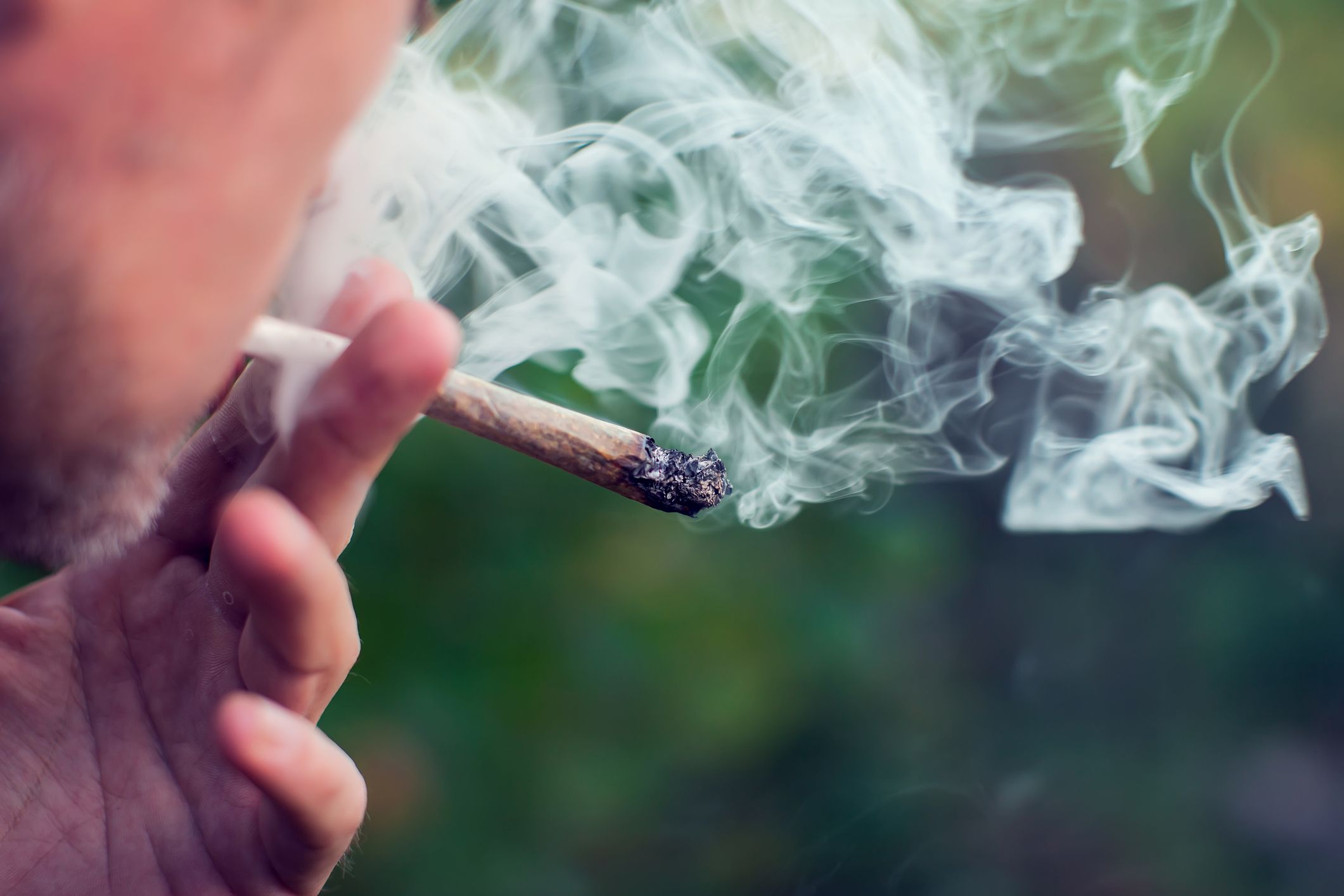
Teenagers who use cannabis could be at a higher risk of attempting suicide and experiencing depression, according to a study.
Worldwide, cannabis is the most popular drug among teenagers, the authors of a study published in the journal JAMA Psychiatry noted. To investigate the potential mental health risks of using marijuana, researchers pored over 11 existing studies, featuring a total of 23,317 participants.
They looked at which adolescents under the age of 18-years-old used cannabis and whether they developed depression or anxiety, had suicidal thoughts or made attempts to take their lives.
Those who had used cannabis were found to be more likely to experience depression, suicidal thoughts and attempt to take their lives. The same risk was not found for anxiety, however.
The authors concluded: "The high prevalence of adolescents consuming cannabis generates a large number of young people who could develop depression and suicidality attributable to cannabis."
However, the researchers acknowledged their study was limited in several ways, as all papers are. The work didn't take into account the use of other substances linked to poor mental health among the participants, as well as stressors. It was also unclear how much cannabis the participants were using, and how strong it was. Since 1980, the strength of THC—the psychoactive ingredient in the drug—has risen, depending on location, they said.
As U.S. states, including Alaska and Colorado, and countries, like Canada, legalize marijuana, scientists are working to understand the threat this could pose to users' health. Between 2001 to 2002 and 2012 to 2013, the authors noted, the number of people ages 18 to 29 who had used cannabis in the past year had almost doubled, from 10.5 percent to 21.2 percent. Among teenagers, around 20.9 percent of those ages 15 to 19 had smoked cannabis in 2015. Scientists fear using drugs at this age affect the development of the brain.
Existing studies have linked cannabis use and psychosis, where an individual loses contact with reality.
Ian Hamilton, an expert in substance use and mental health of the Department of Health Sciences at the University of York, in the U.K., was not involved in the research. He told Newsweek the study is important because the researchers pooled existing studies and looked for the strength of the relationship between cannabis use and the risk of developing depression.
"I was surprised that they [the authors] didn't find an association with anxiety, not least because we know that cannabis can trigger an anxiety-like response, particularly in naive users, which many young people will be," he said. "Also anxiety and depression often go hand in hand, so it's surprising that an association is found for one problem and not the other."
Asked whether there is a "safe age" to start using mind-altering substances, he told Newsweek: "There are no risk-free drugs, and this shows that even cannabis is associated with problems like depression."
"But we still don't know if cannabis is the cause, as it is possible that young people who are predisposed or begin to experience depression are more likely to use cannabis as a way of alleviating the symptoms of depression to improve the way they feel or think."
He continued that the majority of young people won't experience adverse health problems after taking cannabis, "but like all psychoactive drugs, the longer you can delay using them, the less risk there is to your mental health. Ideally you should avoid using drugs like cannabis until past your teenage years."
"The problem is that we can't accurately predict who the small proportion of young people who are at risk of developing a mental health problem due to cannabis use," he concluded.
If you have thoughts of suicide, confidential help is available for free at the National Suicide Prevention Lifeline. Call 1-800-273-8255. The line is available 24 hours, every day.
Uncommon Knowledge
Newsweek is committed to challenging conventional wisdom and finding connections in the search for common ground.
Newsweek is committed to challenging conventional wisdom and finding connections in the search for common ground.
About the writer
Kashmira Gander is Deputy Science Editor at Newsweek. Her interests include health, gender, LGBTQIA+ issues, human rights, subcultures, music, and lifestyle. Her ... Read more
To read how Newsweek uses AI as a newsroom tool, Click here.








